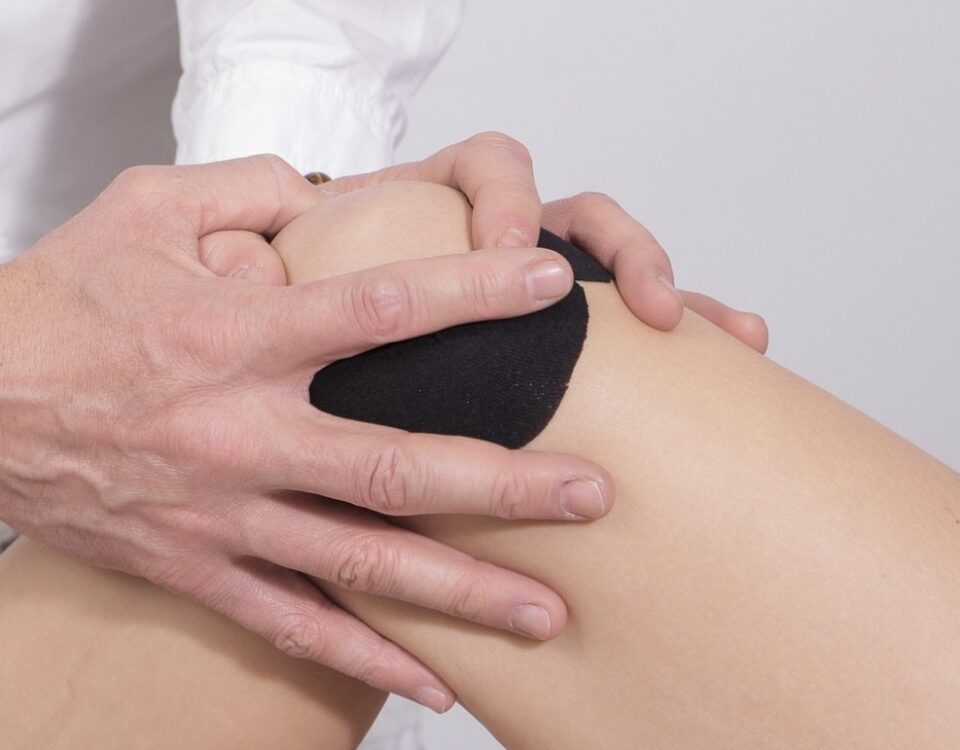Why is Self-Care Important?
Taking care of your mind and body can do wonders to improve your health. Taking time out of your day to treat yourself kindly can go a long way in reducing everyday stress and improving mood – which is essential for self-care.
Stress can take quite a toll on your health in many ways. It affects neurotransmitters such as epinephrine, dopamine, and norepinephrine. It can also affect your hormones such as adrenaline and cortisol. Common symptoms of stress include fatigue, headaches, gastrointestinal issues, rapid heartbeat, chest pain, and insomnia. Chronic stress can also contribute to certain health conditions like heart disease, high blood pressure, obesity, anxiety, depression, and autoimmune diseases. Practicing daily self-care can improve your health in the long term by helping to better manage everyday stress.
What are some self-care practices that can improve your health?
Exercise and Self-Care
Exercise can improve sleep, reduce the risk for dementia, and improve overall stress levels. Whether you are looking to get in shape or reduce stress, exercise can be a great addition to your self-care routine.
While it can be difficult to carve out time, adding exercise to your daily routine can go a long way in making you feel better and more productive. The current recommendations for exercise are strength training at least two times a week and at least 150 minutes of moderate aerobic activity on a weekly basis. Whether it an exercise class, a daily walk, or other activities, exercise can help improve your health, your mood and be a great addition to your self-care routine.
Healthy Diet and Self-Care
Our diet impacts our health in many ways, and a diet reflecting a practice of self-care relies on getting our body the fuel and nutrients it needs in order to feel our best. Make sure to include a variety of fruits and vegetables in your diet. This will ensure you’re getting all the vitamins and minerals you need to provide your body the nutrition it requires to function optimally. Eat regularly to maintain your blood sugar levels and limit added sugars.
That being said, depriving yourself of certain foods without the occasional treat can actually have the opposite intended effect. Occasionally treat yourself to an unhealthy option or find a healthier alternative that you can enjoy on a more regular basis. The best way to incorporate self-care into your diet is to make sure you have the right balance.
Meditation and Self-Care
With meditation you can gain a new perspective, increase self-awareness, reduce negative emotion, focus on the present, and more importantly, reduce stress. As a self-care practice meditation can give you time to spend solely with yourself, which can be difficult to come by in our lives these days. Our lives are often busy with many different kinds of obligations and practicing meditation can give us a few minutes everyday to check in with ourselves and assess our current well-being.
Approach meditation, and yourself, with compassion. Taking a few minutes everyday to be present in the now or pause for a positive reflection on your life can help relieve stress. Unlike what many may think, meditation doesn’t necessarily have to have spiritual connotations. Instead of the traditional practices related to yoga, you can meditate by starting a gratitude journal or taking a specific time out of your day to create art. It can also involve prayer or positive affirmations you repeat daily. Taking a few minutes a day for reflection and self-care can go a long way towards boosting your mood.
Sleep and Self-Care
Sleep is crucial for our overall health and wellbeing. Sleep deficiency can affect your hormones, which can also affect your stress levels. Sleep is also essential for helping the body repair itself and for reducing things like inflammation, depression, and also helping to improve your memory.
There are many things you can do to help you get a good night’s sleep. Set a digital curfew to avoid distractions and the light from devices, avoid caffeine and avoid eating a few hours before bedtime. Try to get around 8 hours of sleep, the current recommended amount for adults. Getting the recommended amount of sleep will give you the energy for your daily routine and other self-care activities.
Social Self-Care
Who we surround ourselves with has an enormous impact on our wellbeing. In many of our lives it can be hard to carve out time for our immediate family, let alone others we care about. Social self-care relies on our ability to nurture our interpersonal relationships. Even introverts require social self-care. Having a support system can help everyone, but especially those that are ill or dealing with symptoms like depression. In addition, many people get energy from being around other people, and socializing can boost their mood and self-esteem.
Talking a daily walk with a partner, getting a weekly coffee with a friend, or joining a local organization can help us create a social network we can rely on. Social self-care can come in many forms based on personality and help us improve our health.





